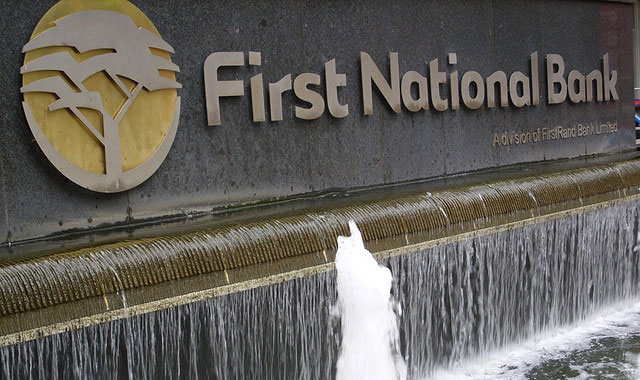
First National Bank will no longer actively develop its application for Windows-powered smartphones, it said on Thursday. It has also pulled the plug on development of its app for older BlackBerry devices.
Although FNB said it has no intention of removing the apps from these platforms’ respective app stores, the company said that it has decided not to release the latest version of its software — which runs on Android, iOS and BlackBerry 10 — on Windows phones and BlackBerry 7 devices because of a lack of consumer demand.
No further development is planned for the two platforms.
News of FNB’s decision to pull the plug on development of its Windows app comes as new research from Gartner on Thursday shows that Windows’ share of the global smartphone market slumped to just 1,1% at the end of December last year, down from 2,8% a year earlier. There has even been talk in recent weeks that Microsoft could abandon Windows on smartphones in favour of Android.
Although FNB will still make the older versions of its Windows and BlackBerry apps available, it will instead start to push clients using those platforms to its mobile website.
FNB first released an app for Windows Phone 8 back in 2013.
The bank blamed lack of customer demand for the decision to no longer actively develop its apps for the Windows and legacy BlackBerry phones. It said Android is the most popular platform among its customers, accounting for about half of app usage. Apple’s iOS is in second place.
It said it remains committed to BlackBerry 10, BlackBerry’s newer smartphone operating system, which it said is “bigger than Windows” among its client base.
Omni-channel experience
FNB users on Android, iOS and BB10 will have noticed this week that the bank has redeveloped its apps (along with its online banking service) to create a common user experience across devices and platforms that it calls an “omni-channel experience”.
Sahil Mungar, head of marketing at FNB digital banking, said it has built a horizontal platform that allows it to deliver unified content and functionality across all of its digital channels.
The bank intends opening an application programming interface (API) to partners wanting to develop apps for the platform. “At this stage, it won’t be a free for all,” said Mungar. “We are working with various retailers and other external partners that FNB already has relationships with.”
He said no decision has been made about whether to expose APIs to the wider developer community. It may happen later, however.
The idea of the platform, he said, is to create a foundation for both internal and external financial technology, or fintech, innovation.
“Our internal and external partners can form a team, create something innovative, and have this exposed to customers via our channels,” Mungar said. “This will continue to evolve and we’ve only taken the first steps toward fully exploiting geo-awareness and big data technology in a contextual way.”
The bank has also launched a new Business Directory, allowing consumers to connect with service and product providers through FNB’s digital channels.
When used on mobile, customers can find businesses that are geographically near to them that are able to fulfil their requirements. In the future, this will be extended to instant scheduling, booking and community-driven reviews, effectively creating a community-driven marketplace, FNB said.
FNB Business customers are able to market their business through the FNB app and through online banking. — © 2016 NewsCentral Media




